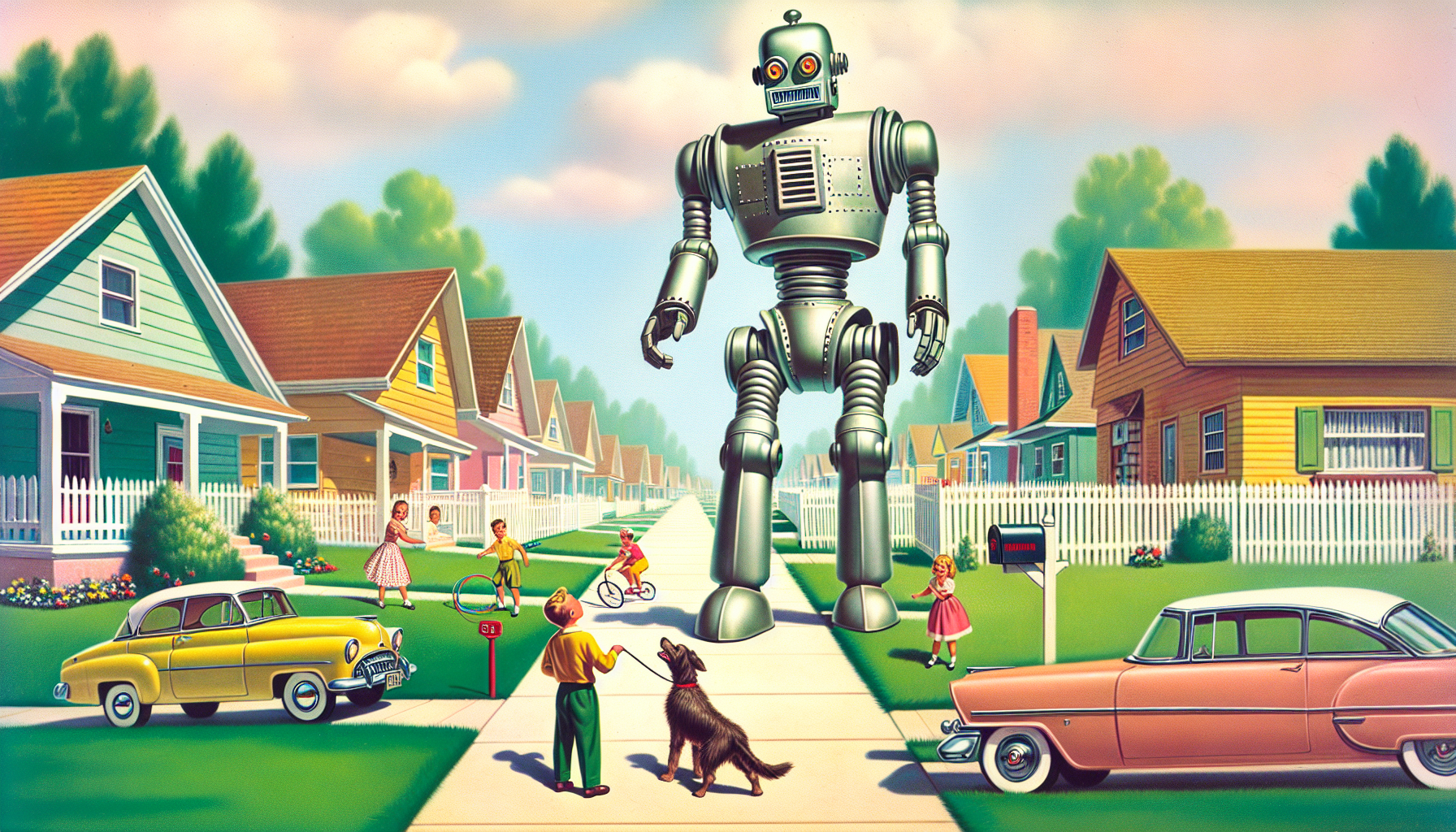AI Innovations in 2025: Ambassador's Security Focus, SAP's Joule, Microsoft's NLWeb Protocol, and Google's Gemini Debut
May 21, 2025

APIs And AI Agents: Start Your Security Strategy Now
Steve Rodda, CEO of Ambassador, highlights the transformative impact of AI agents on various industries like finance, e-commerce, and gaming, driven by their autonomy and decision-making capabilities. AI agents enhance applications by automating processes and personalizing user experiences, relying heavily on APIs to access data and integrate services. As AI agents grow more autonomous, APIs will play a critical role in enabling dynamic responses and collaborative potential between AI systems and humans. However, this evolution brings significant security challenges, as evidenced by the increasing percentage of API-related vulnerabilities in the CISA Known Exploited Vulnerabilities Catalog. Companies must adopt automated and proactive security strategies to address the complexity of AI agent ecosystems and safeguard against both traditional and emerging threats. (Source)
Niftier Than Clippy, SAP Reimagines Omnipresent AI For Business
Microsoft's early attempt at humanizing AI with the Clippy assistant was deemed a misfire due to its misunderstanding of anthropomorphism, illustrating the need for more sophisticated AI in business. Now, companies like SAP are advancing enterprise AI with tools like Joule, a generative AI copilot enhancing user interactions within SAP systems, offering productivity gains and seamless integration across business workflows. SAP’s Joule leverages AI for personalized and conversational experiences, adhering to strict ethical guidelines grounded in UNESCO's principles. Concurrently, SAP’s AI Foundation supports custom AI solutions, while its ecosystem of AI agents addresses diverse business functions. Despite competition from AI operating systems by Microsoft, IBM, Ubuntu, Google, and Tesla, SAP leverages its deep expertise in business data and enterprise resource planning as its competitive edge in the swiftly evolving AI landscape. (Source)
Why is Microsoft offering to turn websites into AI apps with NLWeb?
Microsoft has introduced a new open protocol called NLWeb at its Build developer conference, aimed at enabling enterprises to transform their websites into AI-driven applications. This protocol is designed to assist in creating natural language interfaces using a model of the enterprise's choice to answer user queries about website content. Analysts suggest this initiative may be a strategic move by Microsoft to establish its position in the emerging agentic web space ahead of competitors like Google and Amazon, aligning with its broader vision for agent-based computing where digital agents perform tasks for users online. (Source)
Google I/O 2025: Gemini AI, Android XR glasses, Google Beam, Project Astra, Chrome and deep search news
Google's recent keynote revealed several AI innovations, focusing on Gemini and its new "agent mode," which allows users to assign complex tasks like apartment hunting and messaging. The event highlighted advancements in video conferencing, coding, and introduced Flow, a comprehensive filmmaking tool. Significant enhancements to Google Search were unveiled, enabling it to perform complex tasks in “AI mode.” The keynote concluded with a live demonstration of Google’s AI-powered Android XR glasses, showcasing the company's commitment to integrating AI across its product lineup. (Source)
Sonata Software Unveils AgentBridge for Managing AI Agents with A2A and MCP Support
Sonata Software has introduced AgentBridge, a managed services platform designed to streamline enterprise AI deployment by enabling the design, deployment, and management of intelligent agents at scale through a unified platform. Developed to combat challenges like fragmented AI tools and inconsistent automation, AgentBridge includes features like an Agent Marketplace, drag-and-drop Agent Builder, and support for multi-agent workflows. Built-in compliance and secure access controls ensure governance, while offering integration with protocols like Google’s Agent-to-Agent. Initially influential in financial and insurance sectors with significant time-saving potential, Sonata foresees broader generative AI adoption across various industries. Although AI currently contributes to 4% of its revenue, Sonata aims for a 20% increase within three years. Committed to evolving its workforce rather than reducing jobs, the company is actively training employees in AI technologies. AgentBridge is part of Sonata’s Harmoni.ai portfolio, driving AI innovations in customer experience and more, without disrupting existing roles. (Source)
